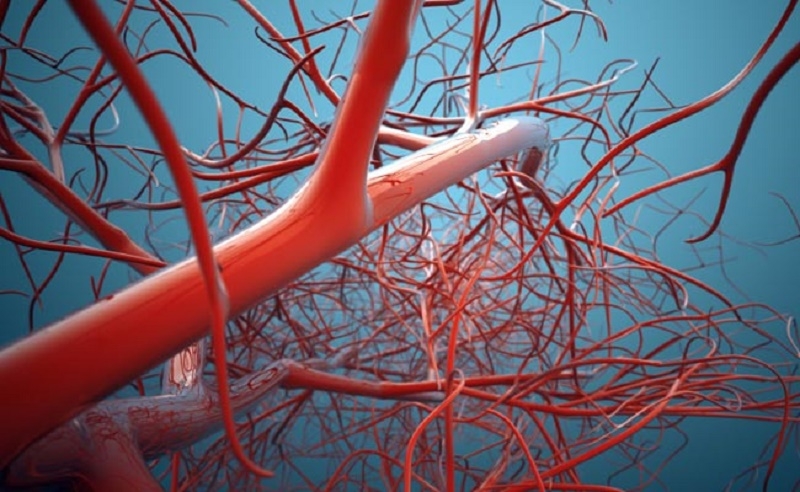
3D printing is becoming increasingly popular within the medical industry. Its relative cheapness and flexibility has recently seen the technology used to produce a titanium sternum and ribcage, as well as a prosthetic robot hand. Now, scientists from Chinese biotechnology company Sichuan Revotek Co. Ltd. have developed the world’s first 3D bio-printer capable of creating blood vessels using stem cell-based bio-ink and a data model based on a cloud computing platform.
It’s claimed that the new technology is a major step toward the ultimate goal of organ regeneration. Yang Keng, chairman of Revotek parent company Sichuan Languang Development Co. Ltd, said: “The creative breakthrough in the 3D blood vessel bio-printing means we have mastered the stem cell-based 3D bio-printing technology,” reports CCTV America.
The core of this technology uses Biosynsphere biological bricks, a stem cell culture system consisting of seed cells (stem cells, differentiated cells and more) and bio-inks filled with growth factors and nutrients. To keep the cells active, their environment and temperature are regulated during the printing process.
Researchers demonstrated how the printer could create a 4 inch-long blood vessel in just 2 minutes using its two print heads. "We create special environmental and biological conditions for our bio-bricks, making it possible to differentiate the cells as we need. So we can print each layer with a different cell," said Professor Kang Yu Jian, who led the research team.
Sichuan Revotek pointed out that the technology does still require more advancements before it can be put into practical use, and that the company is willing to seek international cooperation for its application.
There’s no doubt that having the ability to 3D print human organs would revolutionize the medical industry. Being able to treat patients requiring organ transplants without fear of tissue rejection and having to endure long waiting lists has long been a goal for researchers in the field. Now that Sichuan Revotek's printer can create the artificial network required with blood vessels - and do so using patient-specific tissue - the day when we can fabrication human organs is drawing ever closer.
https://www.techspot.com/news/62587-world-first-3d-blood-vessel-bio-printer-could.html